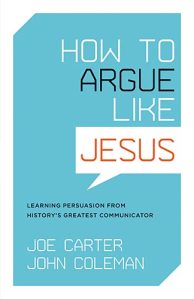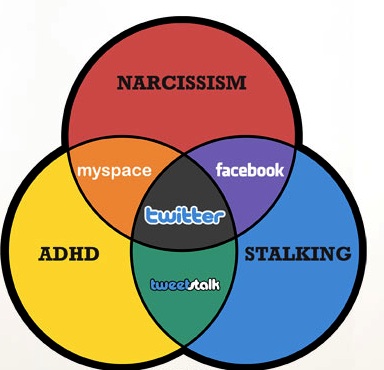Mark Sanford was one of the rising stars in the GOP . Even as governor of South Carolina, he was making a national name for himself by rejecting Obama’s bailout money, tossed out to the states earlier this year. And the news wags and political pundits mention his name often as a prospective candidate for the presidency in 2012.
Clearly that changed last week after his announced 8-year relationship and affair with an Argentine woman. Now his falling stock price is declining even further as the details come out from an Associated Press interview given today. He confesses to having “crossed lines” with several other women, but never the “ultimate line.” Don’t you just love that qualification? He lays this out for us with the appearance that the even broader betrayal of his wife’s trust, not to mention the breach of the promise he made to the God he professes, are so trivial as to justify a kind of smug self-righteousness at having NOT “crossed the sex line” on these other occasions.
There is something narcissistic about these latest admissions. I understand the need for confession, but I am not certain that these announcements today conform to the Biblical requirement given that I, for example, was not sinned against, yet I am now made aware of them along with the rest of the world. Sanford had already come clean with his whereabouts when no one could reach him a week or so ago, his political career is over, and now all he is doing is piling more shame and embarassment on his wife and four young boys. While Sanford may in some way feel some catharsis by having gotten these matters off his chest, his wife now is once again publicly humiliated by the greater degree to which her husband is known to be a philanderer. The stomach turning nature of his admissions to the indiscretions with the other women beyond his Argentine lover might only be matched by his comment that his mistress is his “soul mate.” BUT, he wants to fall back in love with his wife.
Mark Sanford’s fall from “stardom” in contemporary politics has largely been by virtue of the contradiction between his squeaky-clean, devoted family-man image and the reality of an apparently pathological inclination for spousal betrayal and moral failure. I am grateful to God for His restraining grace, that I do not share in the specific nature of Mark Sanford’s sin. But Sanford’s good-guy outward image prior to the disclosure of his misbehavior, is a great reminder that any righteousness that WE produce and project outwardly, is nothng but a very thin veneer that covers absolutely wicked hearts and minds.
I am grateful that real righteousness has been given to me by God himself. Not by virtue of any merit I possess. Instead, this righteousness was awarded to me through the greatest exchange that was ever conceived, when my sins, different from Sanford’s but equally deserving of Holy judgment, were imputed (credit by transferal), to Christ’s account on the cross. In that same exchange, Christ’s perfection, His righteousness was imputed (credit by transferal), to my account.
The practical, day-in, day-out evidence of grace and the genuine manifestation of true righteousness in my life is still caught up in the process of progressive sanctification. I pray that I will never experience the type of moral failure that Mark Sanford has. But I am certain that like Sanford, I will be inclined to continue to manufacture my own thin veneer of self-righteousness to gloss over the stumbles I do have. But by God’s grace, I am growing more and more in the image of Christ with each day, or at least that is my hope and my goal. And I believe that is God’s goal for me as well, in Christ Jesus.



 Posted by Chuck
Posted by Chuck  When I first saw the title of this book, I was a little put off by it. In fact, the only reason I bought it was that in the course of ordering several other books from an on-line retailer, they offered it as an add-on for like next to nothing. As it turns out, I am quite glad that I spent the few extra bucks to get it. The book turned out to be pretty interesting.
When I first saw the title of this book, I was a little put off by it. In fact, the only reason I bought it was that in the course of ordering several other books from an on-line retailer, they offered it as an add-on for like next to nothing. As it turns out, I am quite glad that I spent the few extra bucks to get it. The book turned out to be pretty interesting.  Basic Christianity
Basic Christianity
You must be logged in to post a comment.